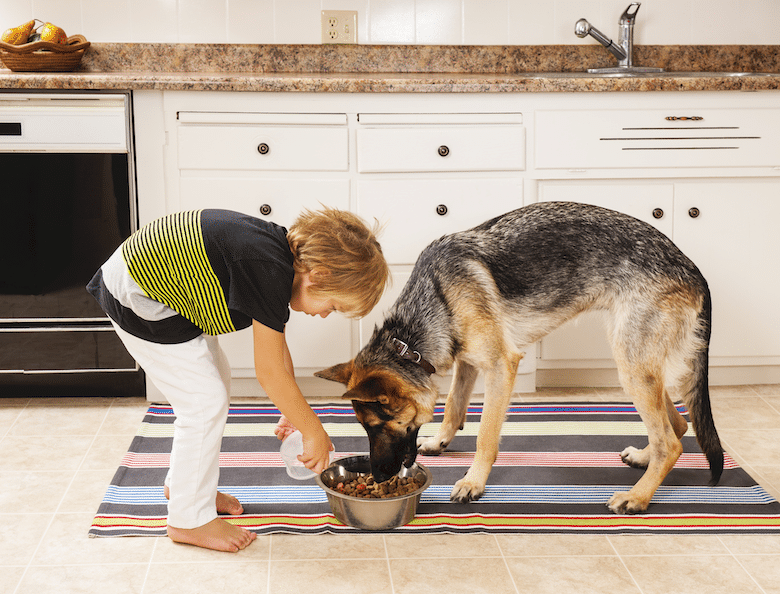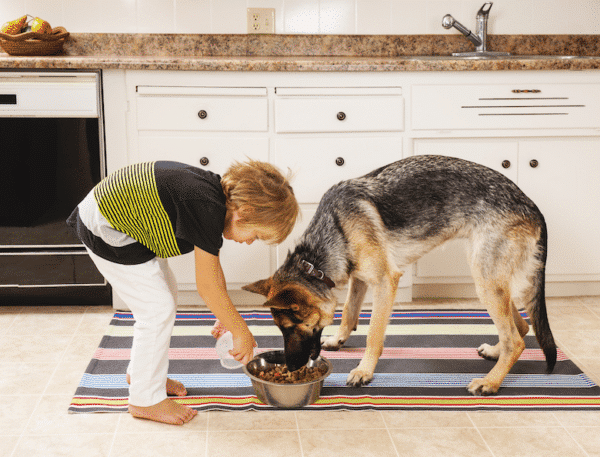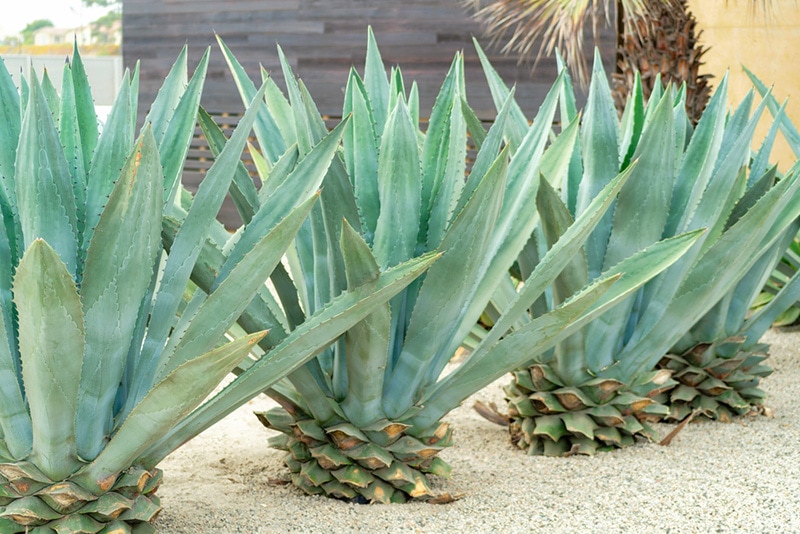From CBD oil to turmeric, people have made a habit of applying their favorite health trends to dogs.
Add ancient grains like quinoa and emmer to the list. The grains, which have been less modified like mass-produced ones like corn and rice, have been called superfoods for humans. But there’s little evidence that they’re better than traditional dog food.
“It’s completely anecdotal,” says Dr. Angie Kraus from I and Love and You. “We don’t even have enough research about how we formulate dog food now.”
Still, Dr. Kraus has seen some pups do well on it. She discussed why the trend has taken shape and what pet parents should know about ancient grains.
Why are Ancient Grains Trending?
Since the Food and Drug Administration issued a warning about grain-free food (another human-to-dog diet friend) last year, stating the diet might be giving dogs a potentially fatal heart problem called dilated cardiomyopathy, Dr. Kraus has noticed an uptick in clients asking about ancient grains.
“After that happened, people started to think about other ways we could incorporate carbohydrates in dog food,” she says.
Grain-free foods contain higher quantities of legumes, like peas and lentils.
“When we started using all these legumes, there weren’t really enough trials to show that having this amount of carbohydrate made from legumes was healthy, and that is why we are seeing the pendulum swing the other way where maybe grains aren’t so bad.”

What Dogs Should Try Ancient Grains?
Unlike cats, which are genetically close to one another, there’s no one-size-fits-all diet for dogs. Dr. Kraus says her pup patients who have had digestive issues and trouble keeping weight on have benefited from an ancient grains diet.
“I think people get these really high-protein diets, and not all dogs can digest them … a lot of dogs also just struggle to digest legumes,” Dr. Kraus says. “It can happen to any breed of dog.”
Before making any changes to your dog’s diet though, speak with your vet.
What Should You Look For?
Dog parents should check for the Association of American Feed Control Officials (AAFCO) label on any food they try. That means the food meets industry health standards. Other than that, she says it’s important to monitor your pet — if the dog isn’t gaining weight, doesn’t like the food, or is having issues like diarrhea and vomiting, call a vet. But if the dog likes it, keep going.
“If you have an AAFCO-balanced food and the dog is doing well, that’s the most important thing,” Dr. Kraus says.
Top photograph credit: Fertnig/Getty Images
Read Next: The Ultimate Guide to Clean Eating for Dogs









